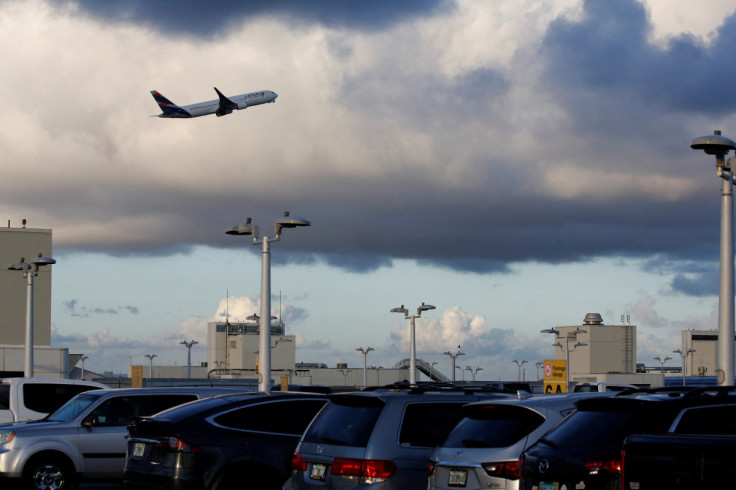FAA To Boost US Air Traffic Control Safety After Close Calls

The Federal Aviation Administration (FAA) said on Thursday it was taking steps to improve its air traffic control operations after a series of near-miss incidents raised questions about U.S. aviation safety.
"There is no question that we are seeing too many close calls," FAA Air Traffic Organization Chief Operating Officer Tim Arel said in a message to employees reviewed by Reuters.
On Wednesday, the FAA issued a separate safety alert to airlines, pilots and others citing the "need for continued vigilance and attention to mitigation of safety risks."
Six serious runway incursions since January prompted the agency to convene a safety summit last week.
Arel said the FAA would ensure that supervisors devote their full attention to the operation and airfield during peak traffic periods, provide more dedicated training for unusual circumstances and update simulator software for the first time since 2016.
National Transportation Safety Board (NTSB) chair Jennifer Homendy said last month a FedEx cargo plane and a Southwest Airlines plane had come within 100 feet of each other in what could have been a "terrible tragedy."
The FAA plans to work with the air traffic controllers union "to reinforce existing safety protocols, especially those that help increase situational awareness," Arel said, adding the FAA would re-examine runway incursion data to identify underlying factors that led to the close calls and to find fixes.
The FAA faces an air traffic control staffing shortage and wants funding to boost controller numbers. National Air Traffic Controllers Association President Rich Santa said last week there are 1,200 fewer certified air traffic controllers than a decade ago.
On Wednesday, the FAA said it would temporarily cut minimum flight requirements for airlines to keep take-off and landing slots at congested New York City-area airports and Ronald Reagan Washington National Airport to address summer congestion issues.
The FAA said it had agreed to requests from Delta Air Lines and United Airlines to temporarily return up to 10% of slots and flights at those airports on the condition they were not backfilled by other carriers.
"It is imperative that aviation stakeholders and the FAA work collaboratively to take proactive measures," United said.
© Copyright Thomson Reuters {{Year}}. All rights reserved.





















